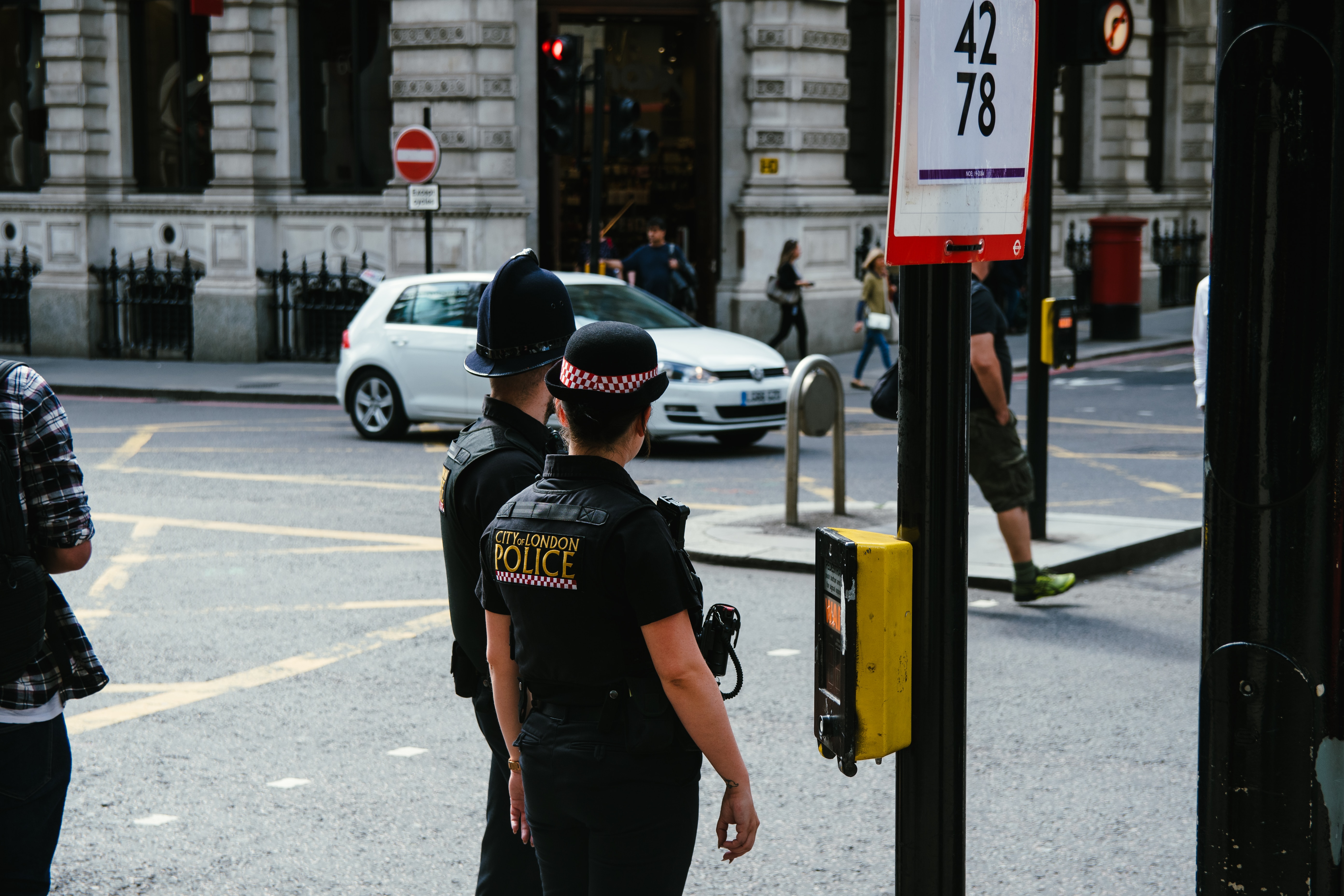‘Hanging by a thread’: Public trust in police has fallen to its lowest level ever, watchdog warns

Chief constables are being urged to concentrate on crimes that matter most to people, get the basics right in investigations and restore the abandoned policy of neighbourhood policing.
His Majesty’s Chief Inspector of Constabulary Andy Cooke says they should be forced to do all of this by law – and he is demanding new legal powers to make chiefs follow his rules. He also wants a role in their appointment.
Mr Cooke said: “There are clear and systemic failings throughout the police service in England and Wales and, thanks to a series of dreadful scandals, public trust in the police is hanging by a thread. We have a small window of opportunity to repair it.”
He said repeated calls for change over the years have mostly been ignored or implemented too slowly by forces.
“A perfect example of this is that since 2016 we made a considerable number of recommendations to address police officers abusing their position with victims for sexual purpose,” he said. “Not enough forces took meaningful action and that’s why we are where we are.
“This lack of action meant it had become too easy for the wrong people to join the police and the wrong people to stay in the police.
“Now, there’s only so many times we can say the same thing in different words. The time for talking has passed and it’s now time for action.”
Mr Cooke, a former chief constable of Merseyside Police, acknowledged that most officers were dedicated, brave and committed – but insisted that major reform is needed. The same applies to other organisations.
He said an underfunded mental health service meant police officers were often having to deal with patients when they should be fighting crime. He said last year police attended 600,000 mental health incidents.
“I wouldn’t expect a mental health professional to investigate crime. The role of the police needs to be more tightly defined,” he said.
“Having too many demands makes it difficult for them to prioritise. Often and rightly, a significant amount of time and effort is spent trying to protect the most vulnerable.
“The police exists to serve all citizens equally. Victims who aren’t vulnerable should still receive a good level of service from the police when they need it, it is not an either or.”
He described the criminal justice system as “dysfunctional” – revealing that in October last year the backlog of crown court cases was the highest ever recorded.
“In too many cases victims lose confidence in the system and withdraw from the process entirely,” he said.
“Forces need to show professionalism, get the basics right when it comes to investigating crime, and respond properly when someone dials 999.
“This is what matters most to the communities they serve and this is the way forward for the police to regain the public’s trust.
“The fundamental principle of policing by consent, upon which our police service is built, is at risk – and it is past time to act.”
He said figures from surveys in which the public was asked if it thought police did a good job were dangerously low, dropping in two years from 75% to below 50%.
“People are genuinely, arguably safer than before, most crime is down, but people just do not feel safer. Policing has got to be seen as effective,” he added.
Mr Cooke described neighbourhood policing as the “building block of policing” in England and Wales.
“It isn’t just a nice thing to do. It’s fundamental to the police relationship with the public and to preventing crime.”
He said that government public spending cuts has seen a reduction in police community support officers (PCSOs) from 16,377 in 2010 to 8,263.
“By providing an effective neighbourhood policing presence communities get the opportunity to voice their concerns and offer their opinions about local priorities,” he said.
“This helps police and their partner organisations, such as local authorities, to work with the public to problem-solve and prevent crime.”
Last year, when he was appointed, Mr Cooke criticised forces for not dealing properly with basic, volume crimes such as domestic burglary.
A report earlier this week revealed that all forces were now attending every reported home burglary, but another said that officers had failed to solve a single burglary in almost half of the areas in England and Wales over the past three years.
Source: (Sky News)

